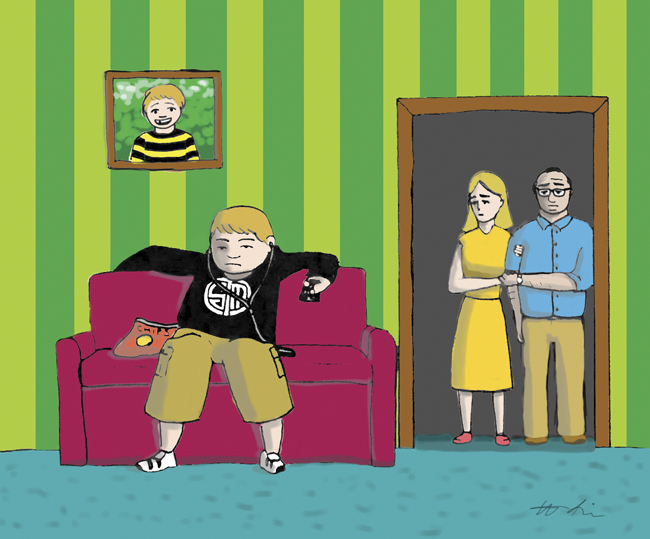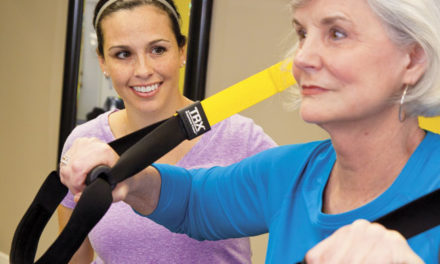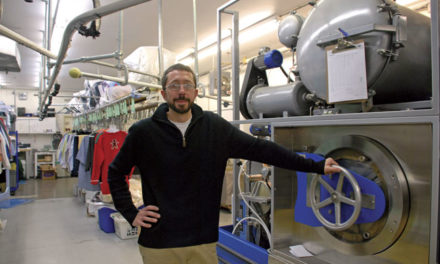BY JANET MANDELSTAM
There’s a biological reason that explains why parents are so puzzled by their teenage children, why they say, “I don’t recognize you anymore. What happened to my little angel?” The reason, says noted brain scientist Jill Bolte Taylor, is that the teen years are a time of neurological transformation, a time when our brains are at their most vulnerable, when things are going on at an anatomical level that account for what teens are thinking and feeling.
“Teens get a pretty bad rap. If more adults understood what’s going on in the teen brain, they would look at teens a little bit differently and have a little more compassion,” says Taylor, who in 2008 was named one of Time magazine’s “100 Most Influential People in the World.”
Many physical changes are happening in the teen years, she says, and the underlying anatomy of those changes influences behavior. With puberty comes a major physical growth spurt as well as hormonal changes that lead to mood swings and all kinds of “interesting behaviors.” And there is a “pruning back” of 50 percent of the synaptic connections in the cortical portion of the brain. “We literally lose half our mind,” she says, adding, “and we keep the half we use.”
In addition, the brain does not fully develop until age 25. The prefrontal cortex, the part of the brain that accounts for our ability to plan ahead, to understand the consequences of our behavior, and to control our impulses “doesn’t come online” until later. “We become biological adults at the age of twenty-five when the long bones in our body stop growing, and the brain is now established,” says Taylor.
Her advice to parents: “Keep ’em alive to twenty-five!”
And her advice to teens: “We were taught that you will die with the brain cells you were born with; you won’t get any more. But the brain is capable of growing some new ones along the way. We are capable of changing our thoughts and changing our brain. This is the time to tend the garden of your mind, to nurture the beautiful cells inside your brain, the time for planting who and how you want to be when you get older.”
The brain, Taylor says, is “your instrument, your tool, your power,” and she challenges teens: “What are you doing with your power?”











